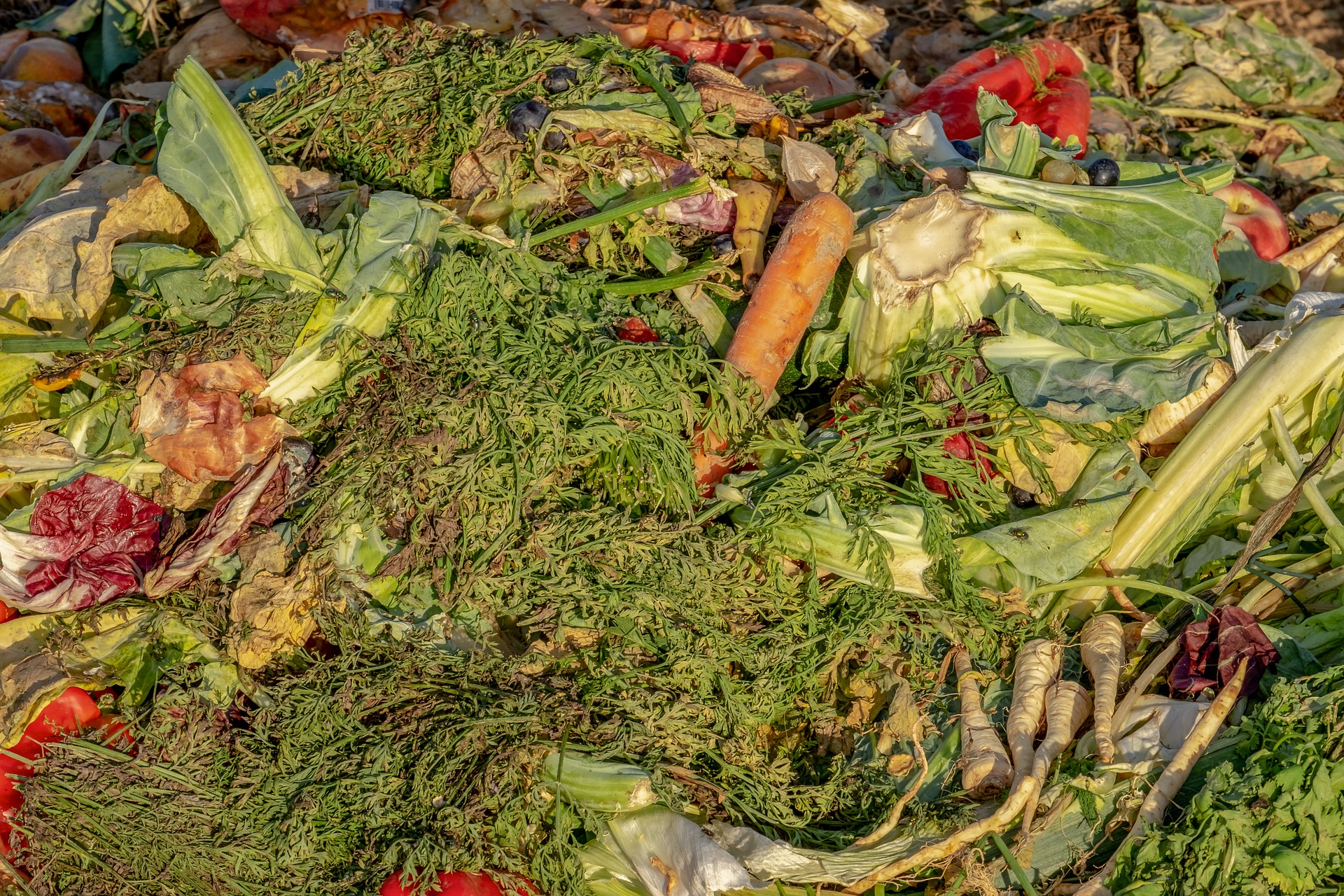
According to the Federal Government, food waste at retail and consumer level is to be halved by 2030. Scientists from the University of Stuttgart, the Max Rubner Institute, the North Rhine-Westphalia Consumer Centre and the Thünen Institute have joined forces in the REFOWAS project to investigate how to achieve this. On the one hand, the project calculated the current quantities of avoidable food waste. On the other hand, it investigated the effects on the environment associated with food production and waste. Finally, consumer behaviour was analyzed in a social empirical study.
In Germany, around 12.7 million tons of food are thrown away every year. Most of the waste, 7 million tons (55%), comes from private households. In other words, every German tosses an average of 85 kilograms of food each year. Primary production accounts for 13 %, processing for 17 %, trade 4 % and out-of-home catering 13 %. Although only a relatively small proportion of waste is generated in the trade, it plays a central role in the total volume of waste because it influences both producers through high quality requirements and consumers through incentives to buy.
In addition to the pure quantity consideration, the ecological effects of food waste play a central role. In order to calculate the extent to which food consumed in Germany, and in particular food waste, pollutes the environment, the Thünen-Institut developed a life cycle assessment model for the entire German food sector.
The results of the joint project REFOWAS have been published as Thünen Report 73 "Wege zur Reduzierung von Lebensmittelabfällen - Pathways to reduce food waste (REFOWAS)". The project was funded by the Federal Ministry of Education and Research as part of the funding priority Social-Ecological Research


